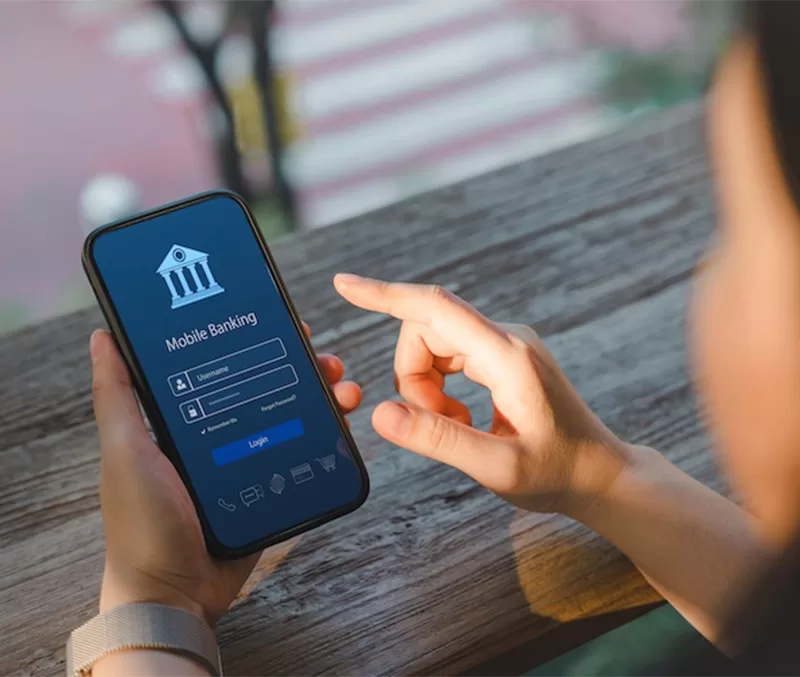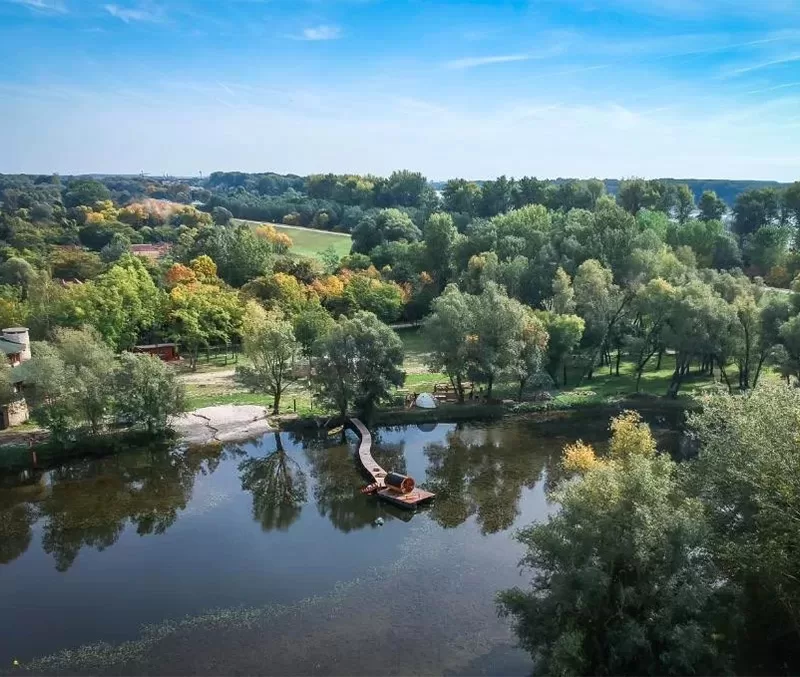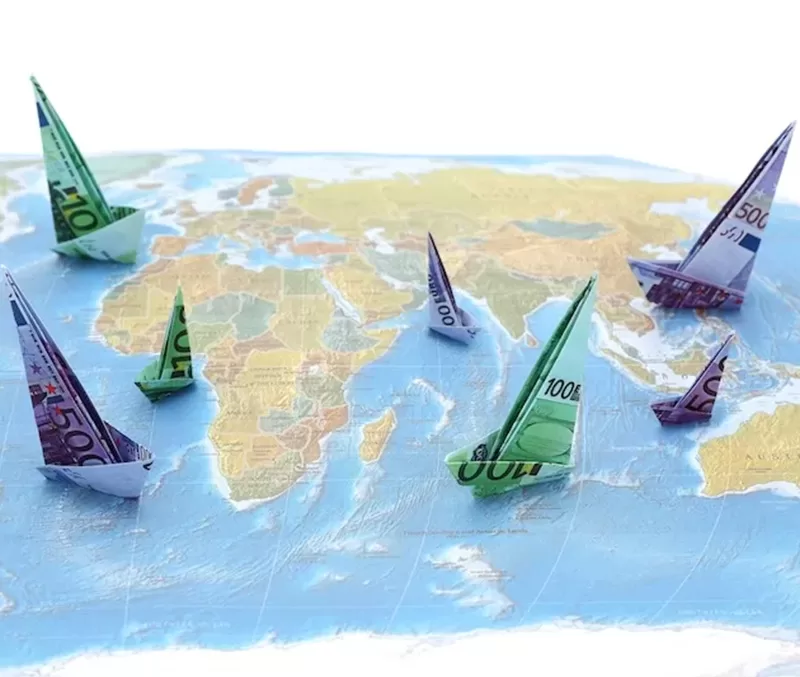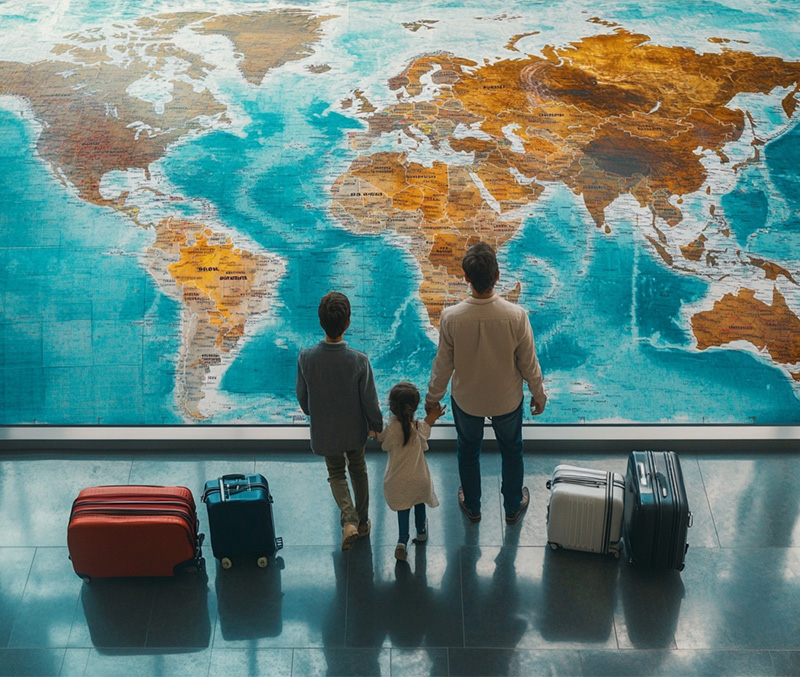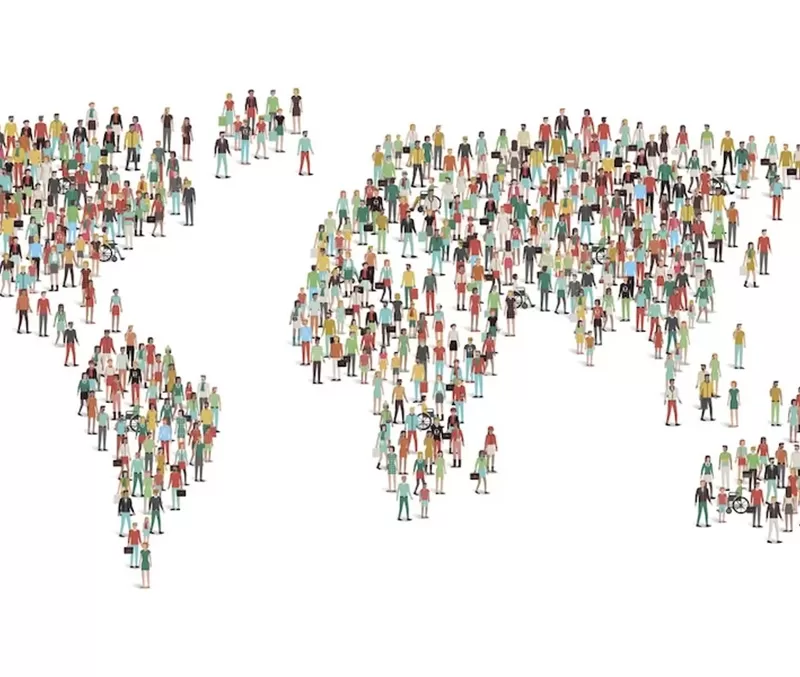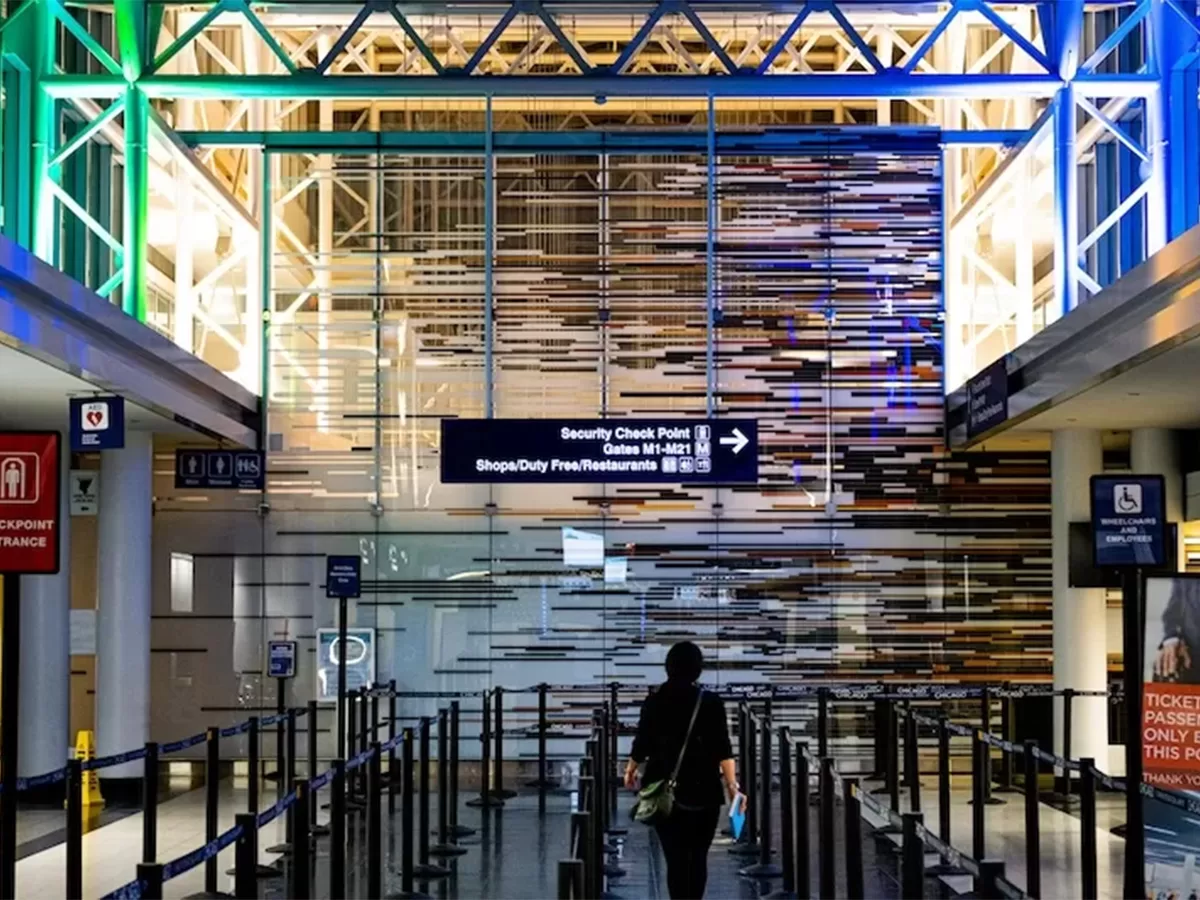A Little Structure Can Simplify Your Nomad Life
Lessons from the road by a longtime remote worker

The digital nomad lifestyle comes with many well-documented perks. But what is much less discussed are the mental and physical adjustments one needs to make to stay healthy and productive while living on the go.
Most professionals commute to an office, work at a desk, socialize with their colleagues and have a regular exercise routine, and maybe a therapist as well. Freeing ourselves from the office also means freeing ourselves from the standard routine.
The Freedom of Remote Work Comes with Challenges
Suddenly the questions become much more basic: will I work today? If so, where, and which hours? Should I squeeze in a workout? Or should I knock off early to swim in the sea?
You might find yourself working from random cafe tables, which usually leads to a drop in productivity due to the unfamiliar setting, possible WiFi issues, limited bathroom access, and other annoyances. And you might find that cafes in Phi Phi Island and Panama City tend to be less reliable than your local Starbucks, forget your old office.
Read more about how to recharge yourself while abroad
Balancing Adventure and Work: A Common Struggle
When I transitioned to fully remote a decade ago, I struggled with this adjustment, in part because I’d chosen to travel almost constantly. I embraced distractions and, finding myself in an exciting new city, regularly felt annoyed that I had to work. I became inefficient and unproductive.
After a few months it dawned on me that arriving in an exciting new place didn’t mean I was on vacation. I realized that if I didn’t start focusing more on work and less on adventure, I’d be at risk of losing my job and having to go back to my old life.
Self-Discipline: The Foundation of Digital Nomad Success
I soon found that I didn’t need to be “on vacation” to experience a new place. Over time I learned how much time I needed to spend on work, and how much I had for exploring and enjoying my new life. Thus, the first and most crucial element of digital nomad success is self-discipline.
Without this, you’re toast, so I’ll assume you’ve got at least enough to get by. Beyond that, here are four keys to working anywhere in the world for an extended period.
- Plan and Organize – When you’re living on the road, urgent non-work tasks are constantly emerging and you need to get good at triage. You’ll probably get frequent invites to interesting local events, and you’ll need to learn to say “No thanks.” Being organized means knowing your goals for the day and how you’ll achieve them. Distractions are much more tempting when you’re at a cafe in Goa or Greece than when you’re in an office. So plan, organize, and stay focused.
- Establish a Routine – Constant travel makes it hard to set a routine, but it’s not impossible. Regardless of your location, try to work, eat your meals, exercise, and sleep around the same time every day. Even a vague routine helps generate stability and a sense of momentum that increases productivity and general well-being.
- Embrace Technology – Believe me when I say that working on the road is stunningly easier today than it was 10 years ago. More reliable and widely available WiFi, the emergence of eSIM cards, all of the online tools and apps, like Google Drive and Slack, that enable immediate global communication and collaborative workflow. One cool innovation that boosts my productivity on the road is a portable monitor. But you might prefer noise-cancelling headphones or some other hot new doodad. Tech is your friend.
- Work-Life Separation – One difficulty of working on the road is not knowing when work ends and life begins. When your home is your office, it can be hard to know when to log off, which sometimes leads to burnout, especially if you have colleagues in multiple time zones. The best way to deal with this is to set dedicated working hours, inform your co-workers, and stick to them. Decide which daily hours you’ll work, and block them out. If you don’t set boundaries, you risk missing out on the many pleasures of the mobile life.
Transitioning to digital nomadhood is different for everyone, but it’s often trickier than people expect. Once you’re traveling, you’ll quickly learn what works best for you in terms of health and productivity. But if you follow these tips above, you’ll likely have an easier time finding your footing while on the road.
Daniel Wilhelm




